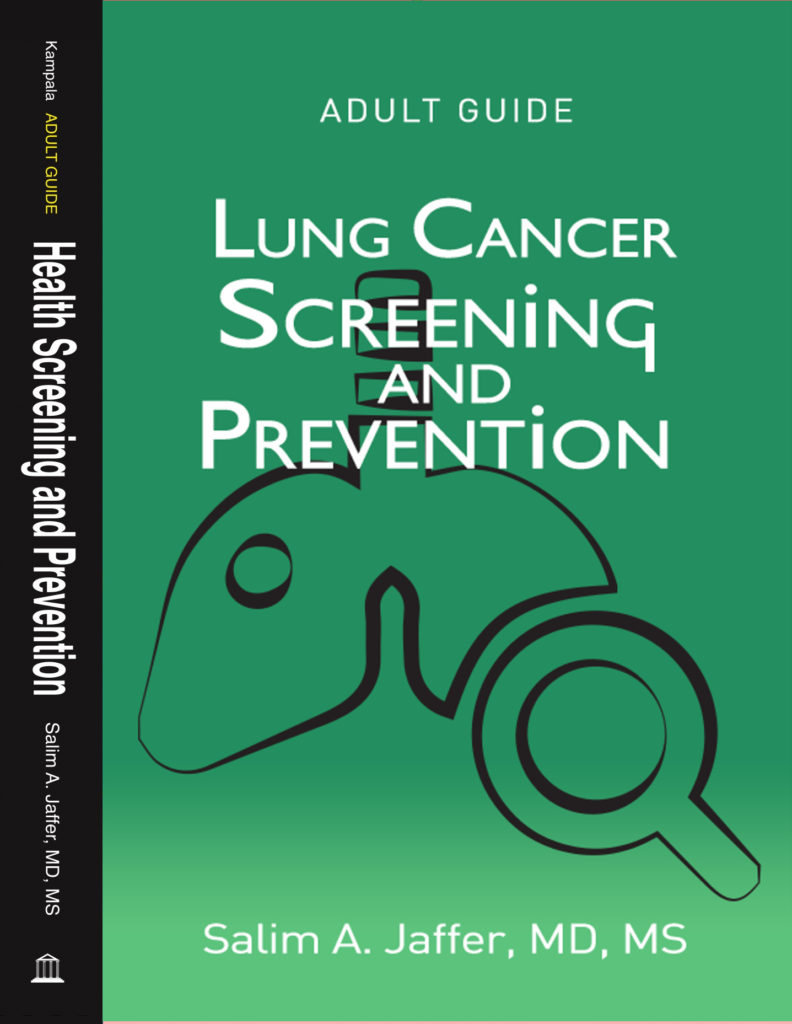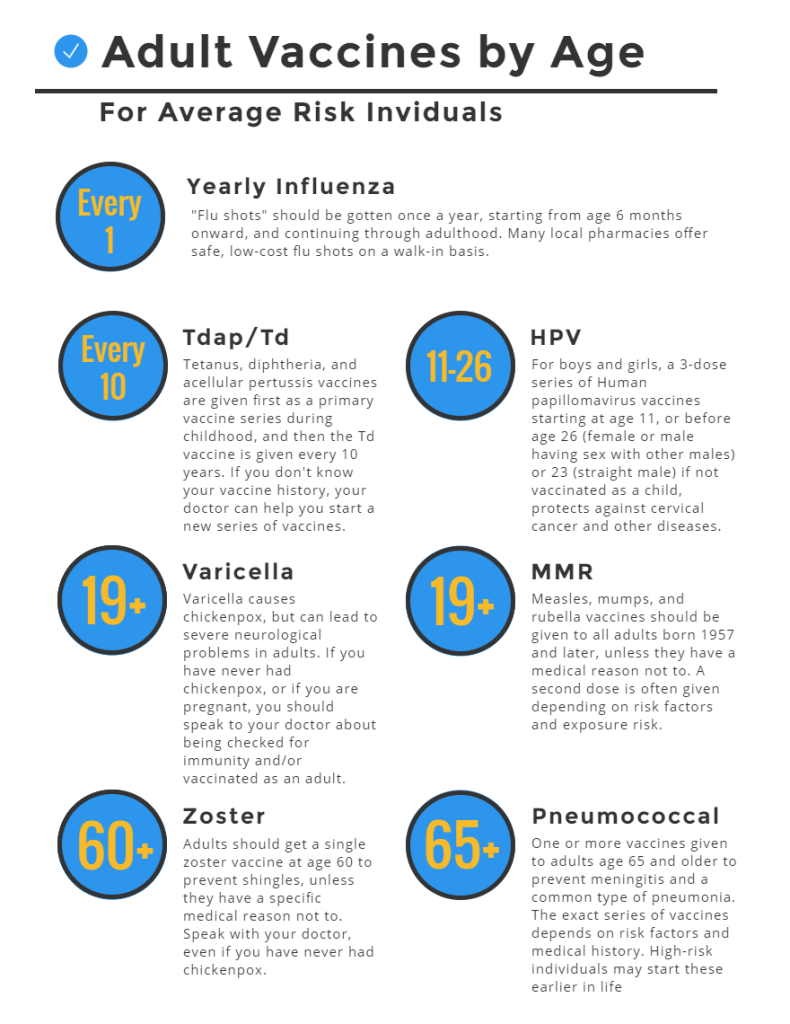Today our 4th e-book in the Adult Guide: Health Screening and Prevention line went live: Lung Cancer Screening and Prevention! This pamphlet focuses on medical screening for Lung Cancer, the leading cause of Cancer Death in the United States. It’s designed to help you understand the risk factors for Lung Cancer, as well as new screening methods and guidelines that can help you and your doctor identify Lung Cancer in the early stages, before it becomes fatal.
Most people understand that smoking causes lung cancer. But many people are unaware of just how fatal this disease can be, and even more people are unaware of the screening methods that exist to catch it early before it spreads to other parts of the body. Lung Cancer is preventable, but even so, it doesn’t have to be a death sentence in every case – but unless it’s caught early, it will be.
This book is streamlined to focus on screening and prevention while also providing information on how to talk to your doctor about your options as a patient. Advanced medical screening for lung cancer is fairly new, and many doctors may not have discussed the option with you in the past – so it’s important to understand your rights and options.
We’ll be releasing these “mini-e-books” for each of the major chapters covered in the big e-book, and we’ll continue to update you here each time a new release goes live. Until then, we hope you find this guidebook to be useful in your own fight against lung cancer!
If you have any questions, please feel free to e-mail us at drsalimjaffer@gmail.com, or leave a comment below!



